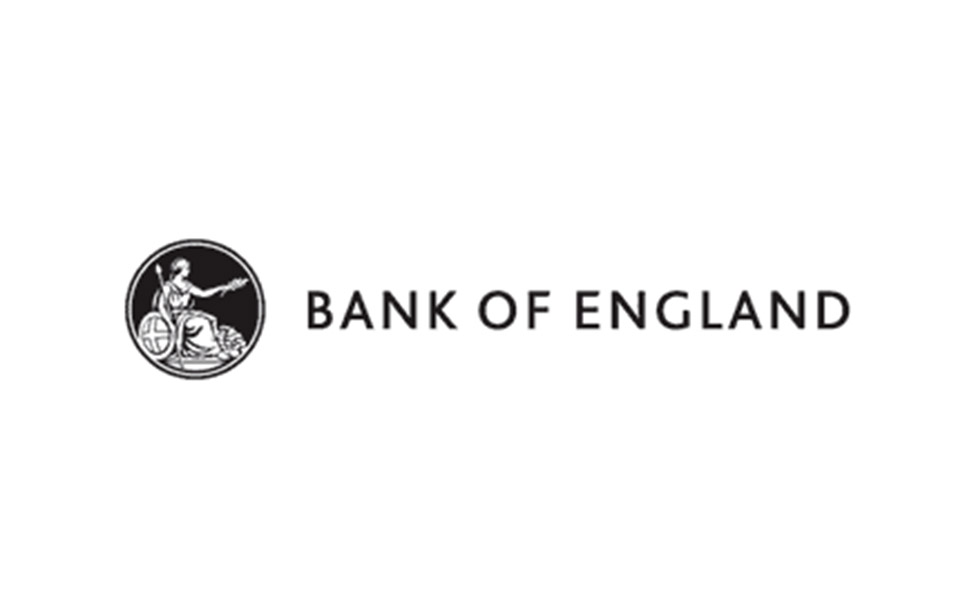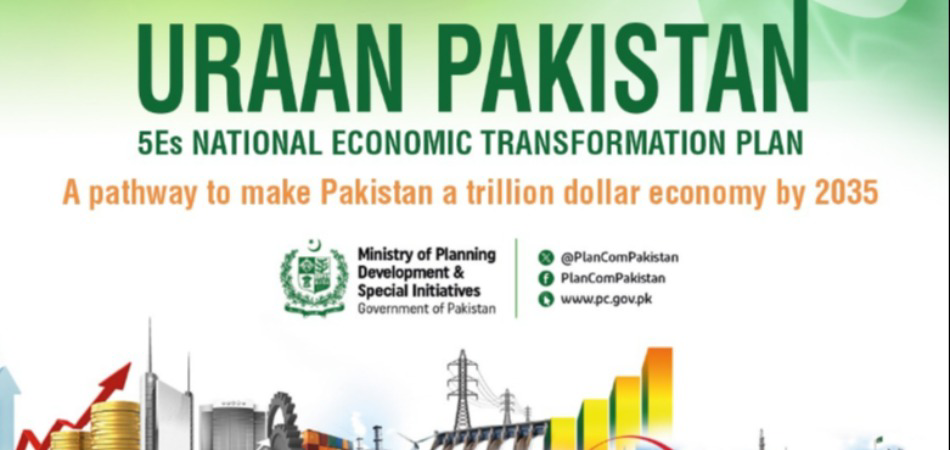The weekly roundup of Pakistan's economy

By MG News | March 10, 2019 at 02:17 PM GMT+05:00
During the outgoing week, capital market was remained in trouble as de-escalating tensions between Pakistan and India is going on but there is still chance of LoC clashes. Consequently, KSE-100 Index revealed a loss of 589pts (-1.5%WoW) and closed at 38,950 Index level.
Furthermore, the past week brought along a series of economic events both in terms of data releases and developments in public policy.
On Saturday, the agreement for the placement of the second tranche of US$ 2.0 billion by Abu Dhabi Fund for Development (ADFD) with the State Bank of Pakistan (SBP) was signed between the SBP and the ADFD.
In addition to this, on Saturday, Finance Minister Asad Umar said that Pakistan's foreign exchange reserves are expected to reach 19 billion dollars by end of this month. He further said that Pakistan is to receive USD 2 Billion from the UAE next week and USD 2 Billion from China by the end of this month which will help in keeping the current account deficit in check as well as support the Rupee.
Meanwhile, on Saturday, Spokesman of the Finance Ministry Dr Khaqan Najeeb in his statement said that the country is expecting to receive $ 21 billion foreign remittances during the current fiscal year due to expected increase in investment of the Pakistan Banao Certificates as about 4,000 applicants had so far got themselves registered for their purchase.
Moreover, Prime Minister Imran Khan on Wednesday approved, in principle, the first ever ‘National Tariff Policy’ (NTP) of the country to ensure transparency, predictability and institutionalizing the entire structure of the tariff regime.
On Monday, State-owned Pakistan State Oil (PSO) announced it received Rs60 billion from power sector companies, an amount that might give some relief to the country’s biggest oil marketing company ensnared with more than Rs300 billion of stuck up receivable.
Furthermore, Government is planning another amnesty scheme to bring the undocumented money, present in the country, into the industrial sector rather than boosting revenue collection, an industry official said on Tuesday.
On the upside, following the successful visit of Prime Minister Imran Khan to Turkey in January 2019, major progress is taking place in operationalizing the Strategic Economic Framework (SEF) between Pakistan and Turkey.
Meanwhile, Chairman Board of Investment Haroon Sharif Friday said that the government is focusing on attracting local and foreign investment in real sectors, for industrial growth, exports and its creation in the country.
Overseas investment in Pakistan Banao Certificate is about to reach $19.2 million. As of February 20, 2019, the State Bank of Pakistan processed a total of 111 applications which raised around $3.5 million. According to sources, another 754 applications are in the pipeline, promising an additional $16.2 million.
The statistical data released this week apprising the economic standing of the country are listed below:
• Rupee’s Real Effective Exchange Rate index (REER) increased by 0.88% in January 2019, inching up to a provisional value of 103.1692 from the revised value 102.2784 in December 2018.
• Nominal Effective Exchange rate Index (NEER) fell by 0.82 percent in January to 70.2073 (provisional) from 70.7848 (revised) in December. On a yearly basis, the NEER has fallen by 16.37 percent.
• Pakistan Customs surpassed its target by collecting Rs.444 billion in first eight months of the current financial year i.e., July-February 2018-19.
• Pakistan’s trade surplus with Afghanistan jumped by 44 percent in January 2019 as the value of surplus rose to US$127.819 million in the month.
• Out of a total allocation of Rs.185197.800 million under Public Sector Development Programme (PSDP), the government has released Rs 37759.060 million for ongoing road infrastructure projects of National Highway Authority.
• Pakistan produced 7.1 million tons rice during the kharif season of fiscal year 2018-19, higher than the target of 6.9 million tons.
• Net borrowing by the government as of February 22, 2019 dropped to Rs.555.2billion. As of prior week, the borrowed amount was recorded at Rs.716.4 billion.
• Pakistan's exports of telecommunication, computer and information services increased to US $539.71 million, registering 3.78 per cent growth in first half of current fiscal year.
• The export of cement from the country increased by 35.08 percent during first seven months (Jul-Jan) of current fiscal year as compared to same period of last year.
• XCMG and HSS Group of China made a commitment to bring in investment of $2 billion in Pakistan’s housing and manufacturing sectors.
• The imports of agriculture machinery into the country during first seven months of current financial year increased by 6.72 percent as compared the imports of the corresponding period of last year.
• The Central Government’s debt and liabilities by the end of January 2019 rose to Rs.18.45 trillion.
• The government released an amount of Rs240.890 million for various projects of the Industries and Production Division under the Public Sector Development Programme (PSDP 2018-19) against the total allocation of Rs769.999 million earmarked for the current fiscal year.
• Global food prices rose in February, with the FAO Food Price Index averaging 167.5 points, up 1.7 percent from January, in part driven up by sharp increases in dairy prices.
• The imports of transport group decreased by 28.87 percent during the first seven months of the current fiscal year compared to the same month of last year.
• Weekly report on Specially Convertible Rupee Accounts (SCRA) showed a net purchase of only Rs.87 million against that of over Rs.1 billion recorded prior week.
• The pharmaceutical products worth $122.181 million were exported during first seven months of current financial.
• Pakistan’s forex reserves increased by USD 140.40 million as the total liquid foreign reserves held by the country stood at USD 14,815.80 million on Mar 01, 2019.
• Pakistan’s Sensitive Price Index (SPI) for combined group during the week ended March 8, 2019 increased by 1.16% over the week and by 11.72% over the year, i.e. the week ended March 8, 2018.
Copyright Mettis Link News
Related News
| Name | Price/Vol | %Chg/NChg |
|---|---|---|
| KSE100 | 130,228.44 208.22M |
-0.09% -115.59 |
| ALLSHR | 81,027.73 678.06M |
0.00% 3.74 |
| KSE30 | 39,819.39 81.08M |
-0.22% -88.88 |
| KMI30 | 189,693.45 102.28M |
0.08% 158.45 |
| KMIALLSHR | 54,837.70 359.96M |
0.10% 54.05 |
| BKTi | 34,622.21 19.82M |
-0.91% -318.53 |
| OGTi | 28,467.99 13.39M |
0.61% 171.93 |
| Symbol | Bid/Ask | High/Low |
|---|
| Name | Last | High/Low | Chg/%Chg |
|---|---|---|---|
| BITCOIN FUTURES | 110,120.00 | 110,250.00 109,200.00 |
-165.00 -0.15% |
| BRENT CRUDE | 68.64 | 69.00 68.32 |
-0.47 -0.68% |
| RICHARDS BAY COAL MONTHLY | 97.50 | 0.00 0.00 |
-0.75 -0.76% |
| ROTTERDAM COAL MONTHLY | 109.20 | 0.00 0.00 |
0.20 0.18% |
| USD RBD PALM OLEIN | 998.50 | 998.50 998.50 |
0.00 0.00% |
| CRUDE OIL - WTI | 66.98 | 67.50 66.65 |
-0.47 -0.70% |
| SUGAR #11 WORLD | 15.63 | 15.64 15.44 |
0.05 0.32% |
Chart of the Day
Latest News
Top 5 things to watch in this week
Pakistan Stock Movers
| Name | Last | Chg/%Chg |
|---|
| Name | Last | Chg/%Chg |
|---|




 Trade Balance
Trade Balance
 CPI
CPI